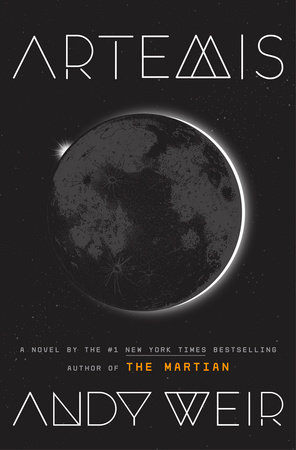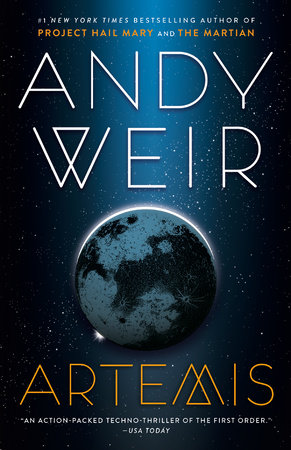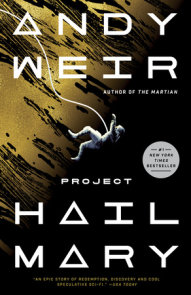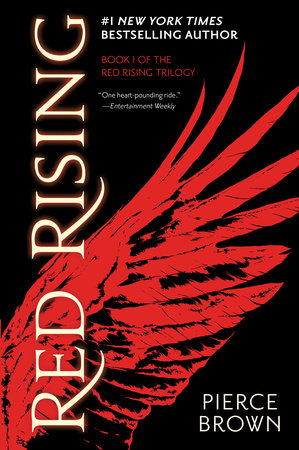

Artemis
By Andy Weir
By Andy Weir
By Andy Weir
By Andy Weir
By Andy Weir
By Andy Weir
Category: Science Fiction | Suspense & Thriller
Category: Science Fiction | Suspense & Thriller
Category: Science Fiction | Suspense & Thriller

-
$18.00
Jul 03, 2018 | ISBN 9780553448146
-
$30.00
Nov 14, 2017 | ISBN 9780553448122
-
Nov 14, 2017 | ISBN 9780553448139
YOU MAY ALSO LIKE
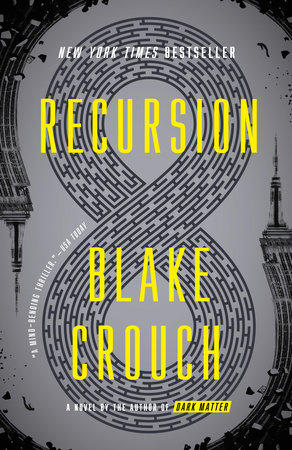
Recursion
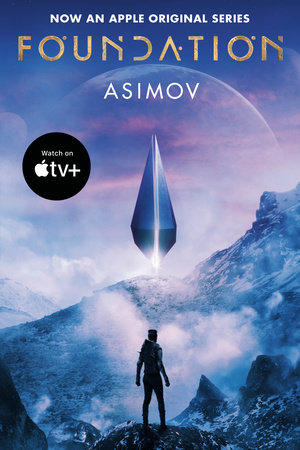
Foundation (Apple Series Tie-in Edition)

Ready Player One
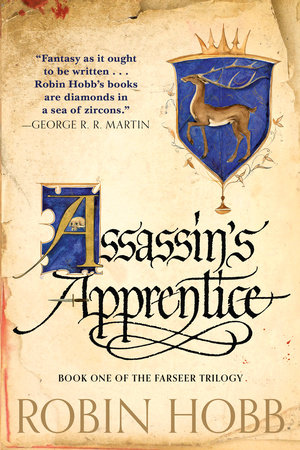
Assassin’s Apprentice
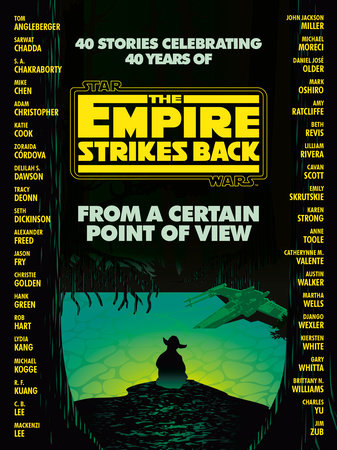
From a Certain Point of View: The Empire Strikes Back (Star Wars)

Dune
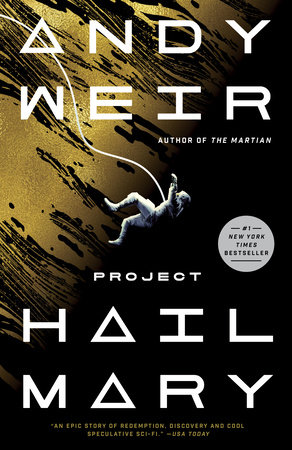
Project Hail Mary
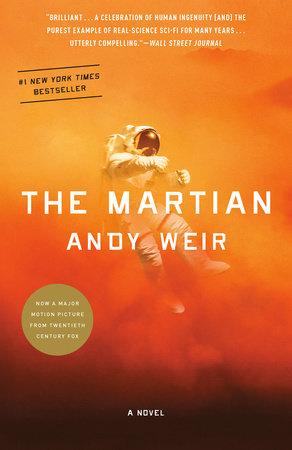
The Martian
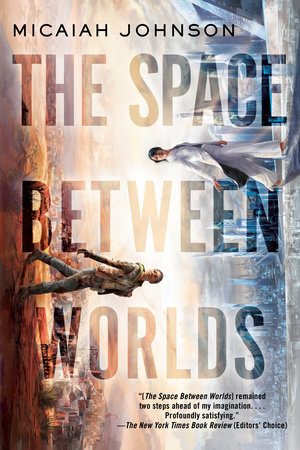
The Space Between Worlds
Praise
Praise for Artemis:
“An action-packed techno-thriller of the first order…the perfect vehicle for humans who want to escape, if only for a time, the severe gravity of planet earth. The pages fly by.”—USA Today
“Revitalizes the Lunar-colony scenario, with the author’s characteristic blend of engineering know-how and survival suspense…Jazz is a great heroine, tough with a soft core, crooked with inner honesty.”—Wall Street Journal
“Smart and sharp…Weir has done it again [with] a sci-fi crowd pleaser made for the big screen.”—Salon.com
“Makes cutting-edge science sexy and relevant…Weir has created a realistic and fascinating future society, and every detail feels authentic and scientifically sound.” —Associated Press
“Out-of-this-world storytelling.”—Houston Chronicle
“Weir excels when it comes to geeky references, snarky humour and scenes of ingenious scientific problem-solving.” —Financial Times
“Weir has done the impossible—he’s topped The Martian with a sci-fi-noir-thriller set in a city on the moon. What more do you want from life? Go read it!”– Blake Crouch, New York Times bestselling author of Dark Matter
“Everything you could hope for in a follow-up to The Martian: another smart, fun, fast-paced adventure that you won’t be able to put down.” – Ernest Cline, New York Times bestselling author of Ready Player One
“A superior near-future thriller…with a healthy dose of humor.” —Publishers Weekly (starred review)
“An exciting, whip-smart, funny thrill-ride…one of the best science fiction novels of the year.” —Booklist (starred review)
“Narrated by a kick-ass leading lady, this thriller has it all – a smart plot, laugh-out-loud funny moments, and really cool science.” —Library Journal (starred review)
Praise for The Martian:
“Brilliant…a celebration of human ingenuity [and] the purest example of real-science sci-fi for many years.” —Wall Street Journal
“A gripping survival story.” —New York Times
“Terrific…a crackling good read.”—USA Today
“A marvel…Robinson Crusoe in a space suit.”—Washington Post
“Impressively geeky…the technical details keep the story relentlessly precise and the suspense ramped up.” —Entertainment Weekly
“A story for readers who enjoy thrillers, science fiction, non-fiction, or flat-out adventure.” —Associated Press
“Utterly nail-baiting and memorable.”—Financial Times
“A hugely entertaining novel that reads like a rocket ship afire.”—Chicago Tribune
21 Books You’ve Been Meaning to Read
Just for joining you’ll get personalized recommendations on your dashboard daily and features only for members.
Find Out More Join Now Sign In






